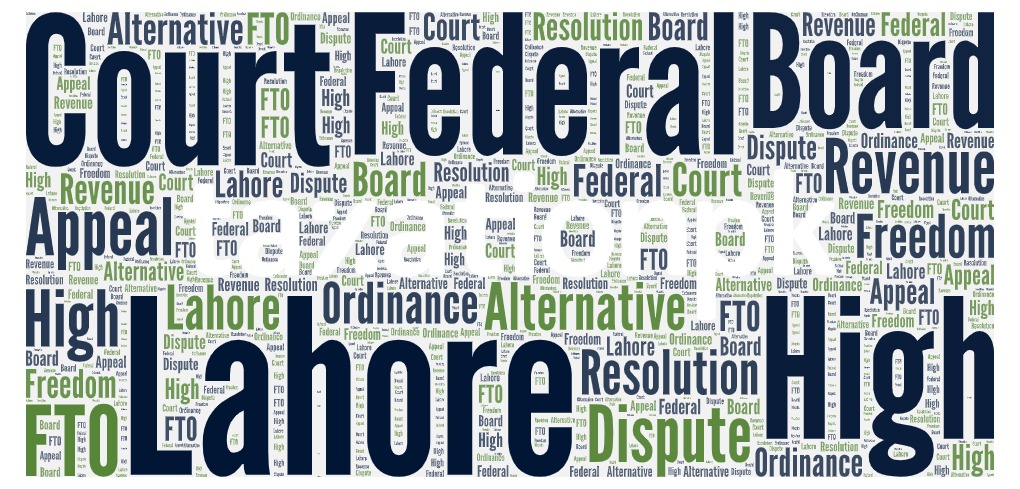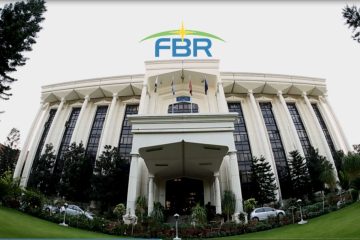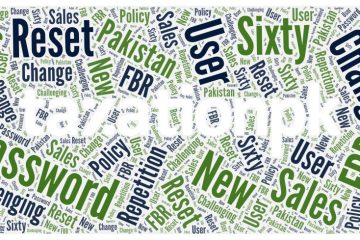ISLAMABAD, PAKISTAN: The Lahore High Court (LHC) has directed the Federal Board of Revenue (FBR) to provide copies of orders passed by the FBR on the recommendations of Alternative Dispute Resolution Committees (ADRCs) to tax lawyer Waheed Shahzad Butt. The decision mandates compliance through the Right of Access to Information Act, 2017.
The directive was issued after an Intra-Court Appeal filed by the Chairman of the FBR against Waheed Shahzad Butt was disposed of by a double bench of the LHC. In its order dated December 4, 2024, the court instructed the FBR to decide the matter within two months of receiving a certified copy of the order.
The case builds on a landmark order by former Federal Tax Ombudsman (FTO) Dr. Muhammad Shoaib Suddle, which required the FBR to share these ADRC-related orders under the Freedom of Information Ordinance, 2002, as guaranteed by Article 19-A of the Constitution. However, the FBR had challenged the FTO’s directive in court instead of implementing it.
The FTO emphasized that citizens have a fundamental right to access information that allows them to evaluate the effectiveness of ADRCs as an alternative dispute resolution mechanism. Despite this, the FBR declined a previous request to provide the information, citing Section 8(g) of the Freedom of Information Ordinance and labeling it a sensitive issue.
In a related development, Waheed Shahzad Butt had written to the FBR Chairman, requesting recommendations issued by ADRCs under Section 134A of the Income Tax Ordinance, 2001, and Section 47A of the Sales Tax Act, 1990. The refusal to provide the requested documents has further spotlighted the issue of transparency within the FBR.
The LHC order highlights the importance of access to information in promoting constitutional democracy. Transparency in public institutions, the court noted, is crucial for combating corruption and ensuring accountability. While the right to information is the norm, privilege should only be claimed on justifiable grounds as allowed by law.
This case underscores the growing demand for public access to decisions by key institutions to ensure their accountability and operational integrity.





